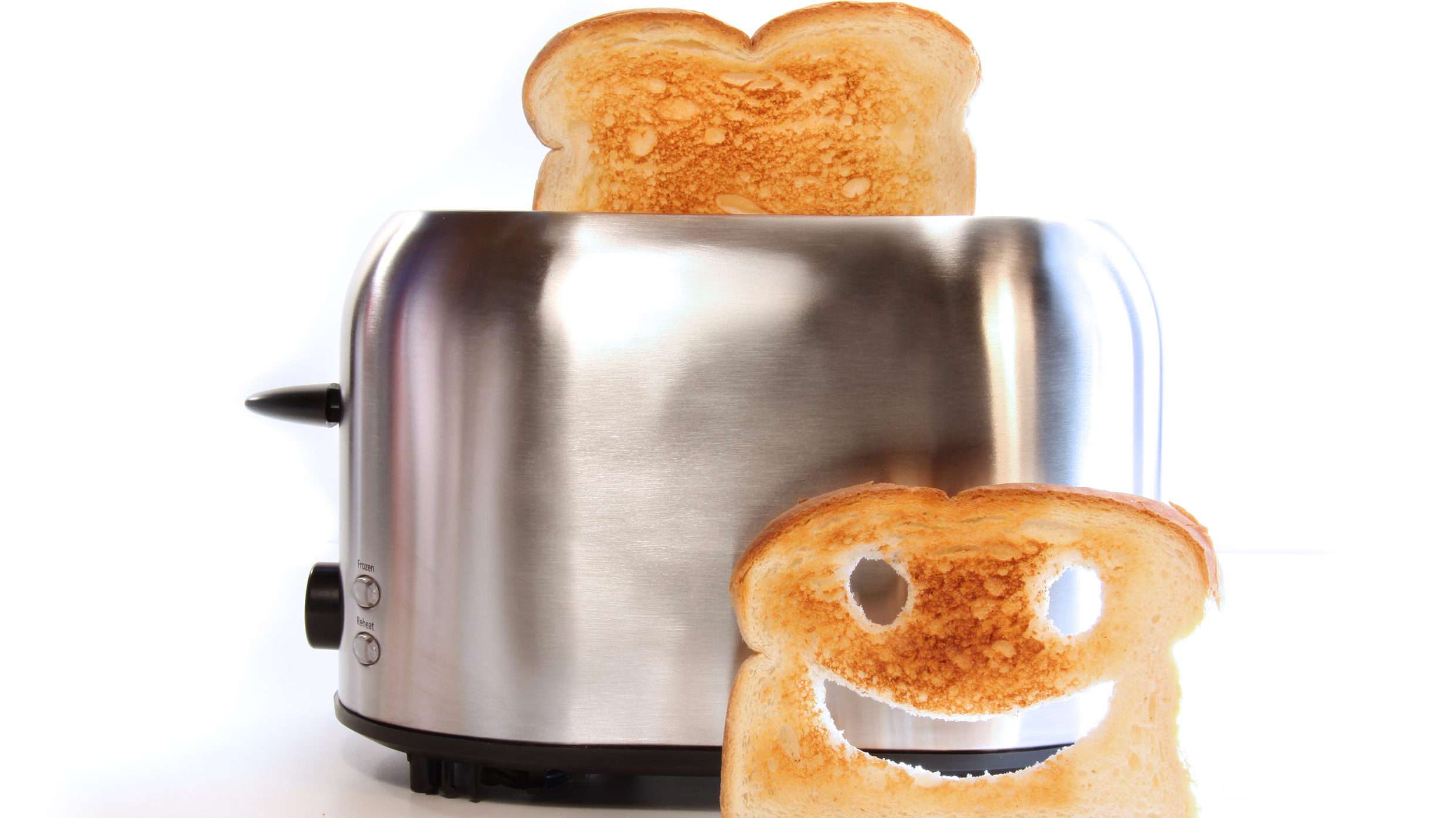If you’re in the market for a new toaster, Home Depot has you covered. You can swing by later today and snag one for less than $30—or opt for a fancier model or one that can toast more slices of bread at once for less than $50.
Cheep, readily available kitchen appliances are a perk of modern America, made possible by global trade and efficient manufacturing processes. With the average hourly wage at around $30, most Americans can easily afford a new toaster without breaking the bank.
However, Oren Cass argues in The Atlantic that slightly less efficiency in the market could benefit the country. He suggests that a domestically made toaster priced at $32 instead of a foreign-made one at $30 could improve the lives of workers.
But the math doesn’t add up, and the economics are flawed. Adding a 10% tariff to the $30 toaster would result in a $33 price tag for consumers. While this may redirect some purchases to domestic toasters, it also creates a deadweight loss, harming the economy.
Cass emphasizes the benefits of supporting American firms and workers with slightly higher prices. However, the reality is that domestic toaster prices would likely skyrocket to around $300, as shown by trade expert Ed Gresser.
In a hypothetical scenario where toasters cost $300, the impact on family budgets and the economy would be dire. Cass’s argument fails to consider the consequences of such drastic price increases.
In the real world, consumers prioritize affordability, as shown by consumer reactions to proposed tariffs on jeans. People are unwilling to pay significantly more for goods, even if it means supporting American manufacturing.
Cass and others advocating for higher prices on goods like toasters are overlooking the impracticality and unpopularity of such a scenario. The real numbers reveal that most consumers would not support such drastic price hikes.





